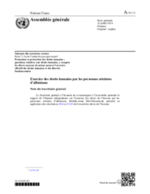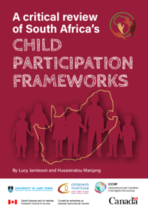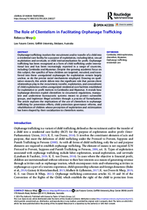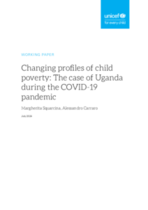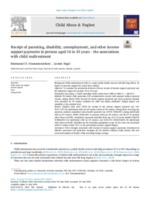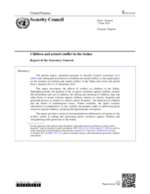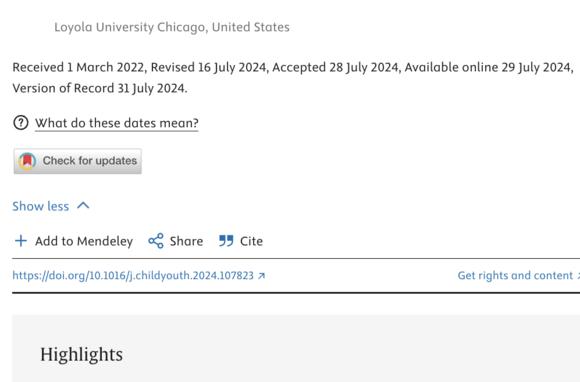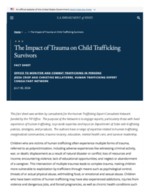Доклад Независимого эксперта по вопросу об осуществлении прав человека людьми с альбинизмом Мулуки-Энн Мити-Драммонд
В настоящем докладе Независимый эксперт по вопросу об осуществлении прав человека людьми с альбинизмом излагает точки зрения, результаты осу-ществления совместного исследовательского проекта и рекомендации по реше-нию повседневных проблем и улучшению жизненной ситуации детей с альби-низмом в контексте права на семейную жизнь.



